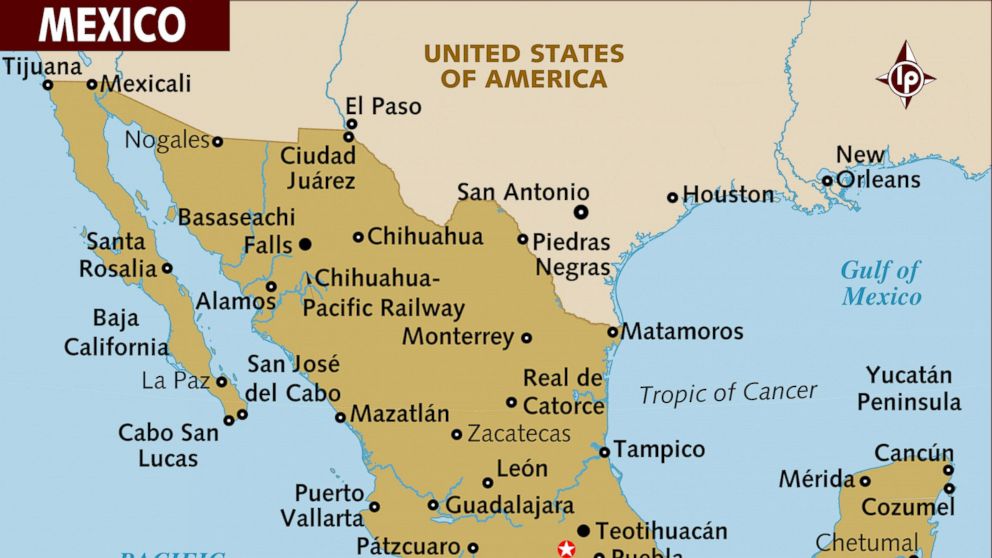Why California Couple Refuses to Leave Mexico Following Surrogate Birth of Son
You'd "never expect that anything like this would happen," the grandmother said.

— -- A San Jose, California, couple who traveled to Mexico for the surrogate birth of their son a few weeks ago is now refusing to leave the country until they can take their son with them.
A U.S. State Department spokesperson told ABC News today the department is aware of reports that Haseeb Amireh and Christy Amireh have not been granted a birth certificate for their son Grayson, who was birthed by a surrogate mother.
A birth certificate is necessary for Grayson to obtain a passport and come home, and Haseeb and Christy are not leaving without him, their friend Vivek Bobby Khullar told ABC News today.
Haseeb and Christy began the surrogacy process about a year ago, Khullar said.
"They were unable to have kids, so they started looking into surrogacy programs," he said. "They did their homework and research. Mexico seemed liked a good option because the legality of it there seemed on point."
The couple visited Tabasco, Mexico, multiple times over the past year so that Haseeb could donate his sperm and so the couple could maintain a close relationship with the doctor and surrogate mother, Khullar said.
"Everything went smoothly up until after the actual delivery," he added. "It seems like the governor [of Tabasco] suddenly stopped allowing surrogate families to get birth certificates."
The governor's office and the Consulate General of Mexico in New York did not immediately respond to ABC News' requests for additional information regarding the case and surrogacy laws in Mexico.
However, California Rep. Zoe Lofgren told ABC News today that her office has been in daily contact with the U.S. embassy in Mexico since she was contacted by Haseeb.
"We are working directly with senior administration officials to ask that the State Department do everything possible under the law to resolve their application as soon as possible," she said. "I will continue to monitor the situation closely, and work with the administration to make sure the family has the information needed to establish both their biological relationship to, and legal custody of their son."
A "U.S. citizen parent who has a biological child overseas, including via a foreign surrogate mother, may apply for a Consular Report of Birth Abroad of an American Citizen (CRBA) and a U.S. passport for the child at the U.S. Embassy or Consulate in the country where the child was born," according to the State Department.
However, Stephanie Calballero, a lawyer and founder of the Surrogacy Law Center in southern California, said that getting a birth certificate from abroad after a child has been born from a surrogate parent can be tricky.
"I've tried to get more info about surrogacy on Mexico, but it doesn't seem to be very easy and I don't know what's going on down there because laws can keep changing," Calballero told ABC News today. "Surrogacy is very new and recent there, and it seems to be very unstable."
She added she understands why couples look for surrogacy programs abroad since the whole process can cost over $100,000 in the U.S., but she thinks parents end up spending more abroad when they run into legal trouble.
"My message to couples looking into surrogacy is to do your homework," Calballero said. "Speak to a lot of different agencies, to parents who have been there and done that, to attorneys here in the U.S. and the U.S. State Department. They'll be able to direct you and give you the best advice."
Haseeb's mother, who also traveled with the couple to Tabasco to witness the birth of her grandson, has since returned to California.
"You would never expect that anything like this would happen," Nahida Amirah told ABC News today. "I really hope they can come back home with the baby."
ABC News was unable to reach the couple directly for comment.




